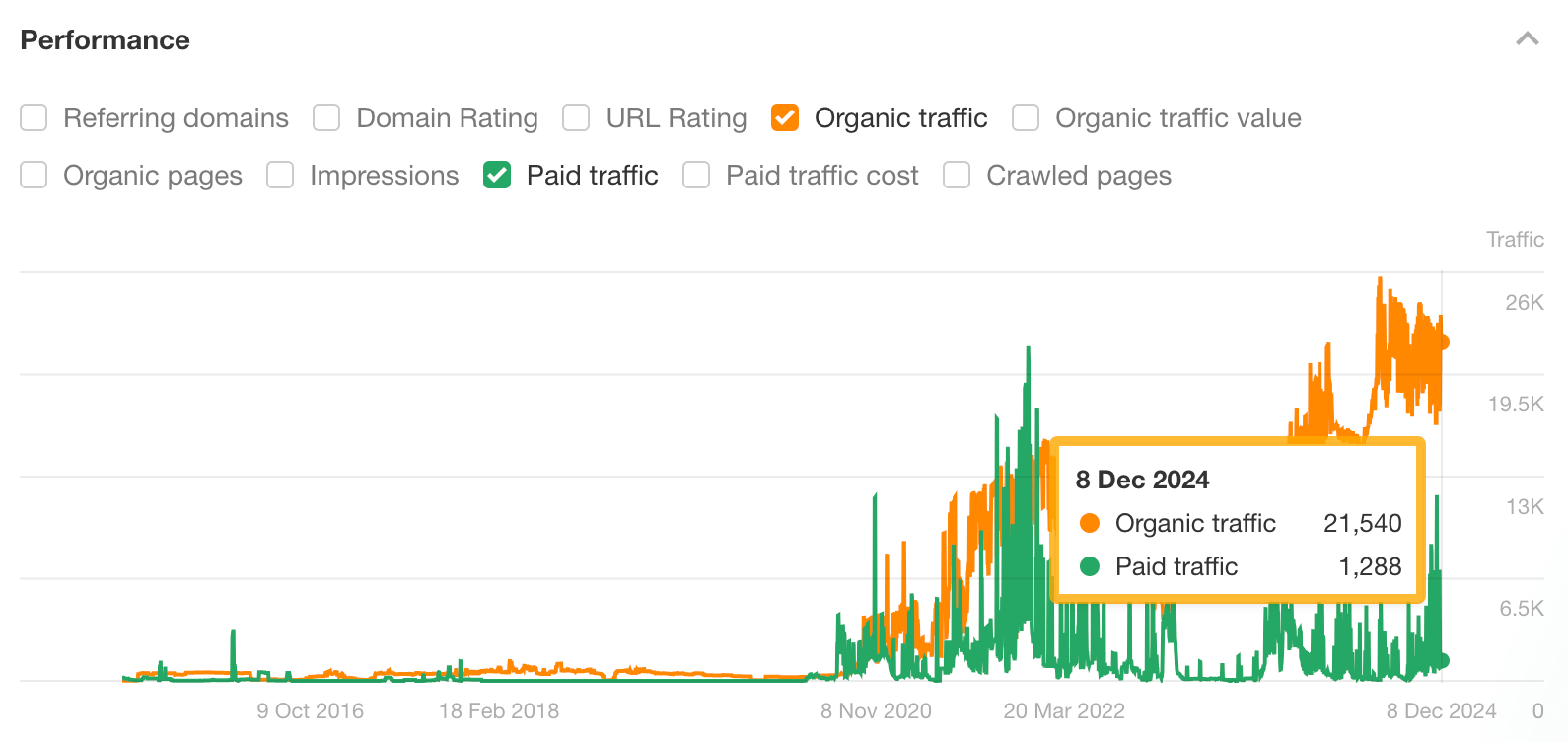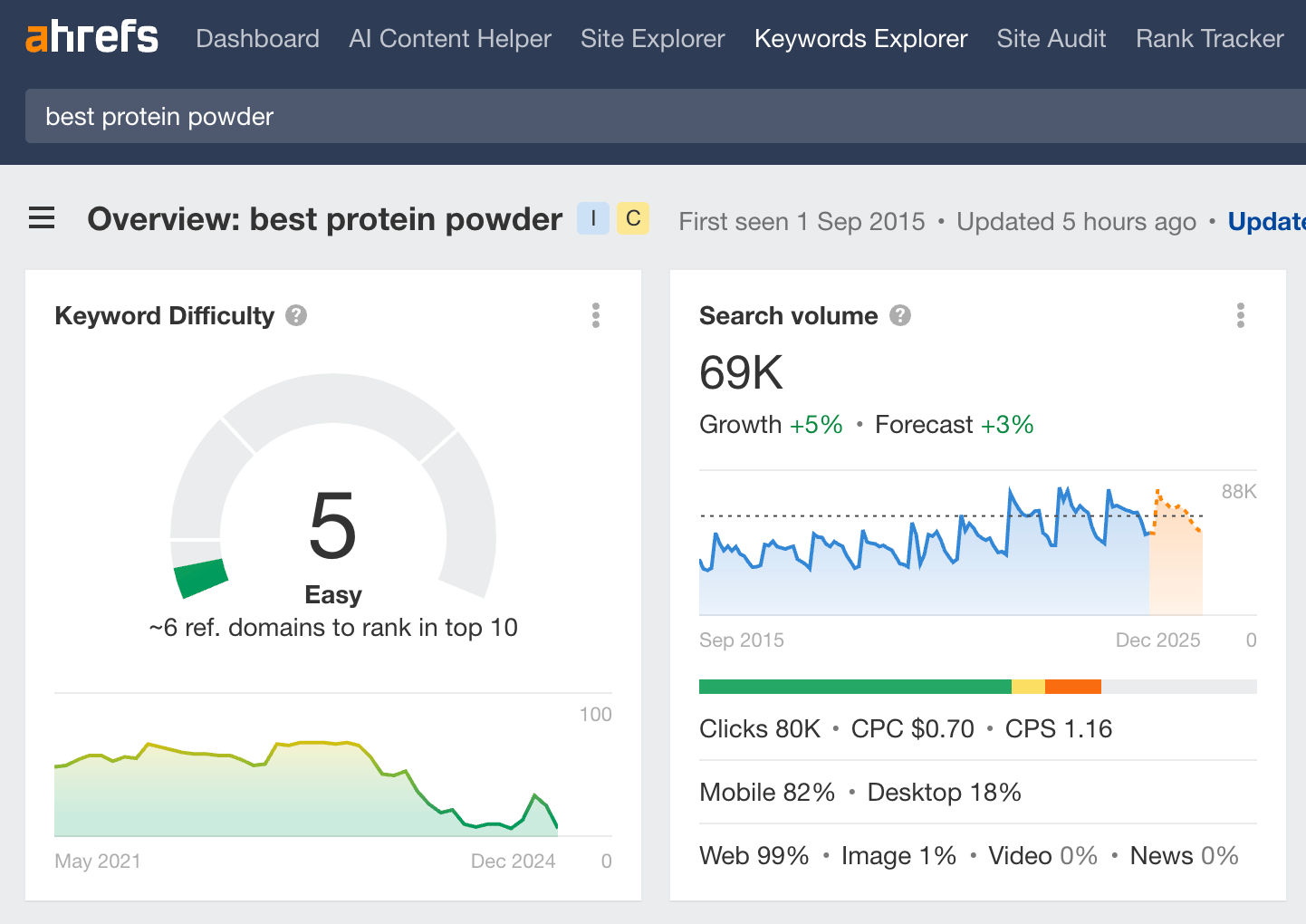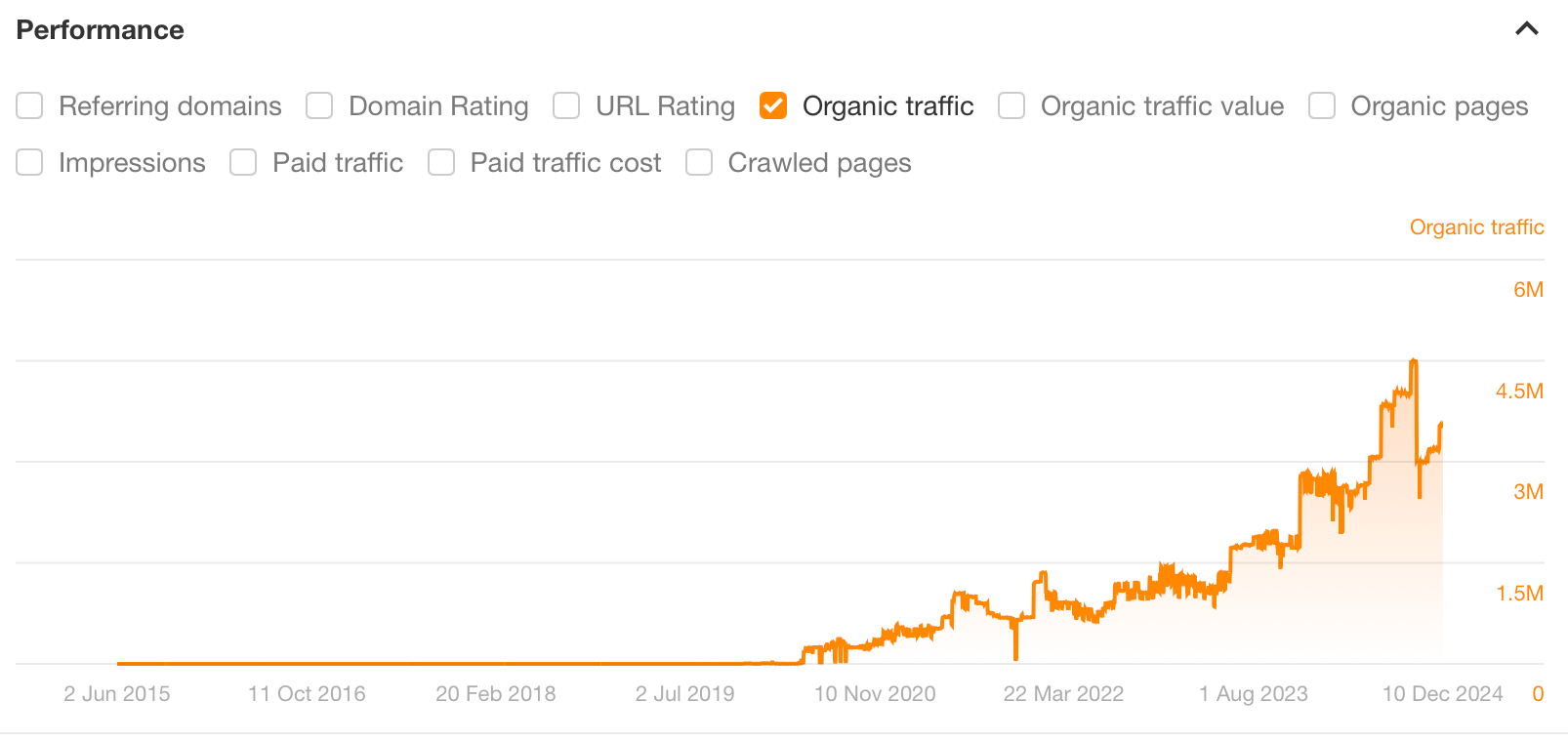
App Marketing, Appture Secrets, Dallas Digital Marketing Agency, Dallas Internet Marketing, Digital Marketing Companies, Digital Marketing Experts, Frisco Internet Marketing, Frisco Social Media, Frisco Website Design, Marketing And Promotions, Marketing Branding & Promotions, Mobile App Marketing, Mobile Marketing, Multifamily Marketing, Small Business Marketing, Social Media Marketing
Building a unique, authentic brand is essential for any business. A strong identity helps customers understand who you are, what you do, and why you do it.
But many founders confuse their business brand with their personal brand. And while combining them may work for a select few, it’s not the right approach for most.
In my experience as a creative, brand strategist, and coach for small businesses and startups, separating your personal brand from your business both strengthens your business and allows individual autonomy and professional growth.
If you have a public persona of any kind—and if you’re a small business owner, you likely do—I highly recommend creating an entirely separate business brand, and using a “personal professional” brand platform to share insights into your life.
Here’s why:
- You’ll have freedom to grow beyond your business: Many entrepreneurs end up writing a book, becoming a public speaker, or starting a new project or venture. Your personal professional brand is a perfect platform for sharing and promoting this type of work while still allowing the business to continue to operate as normal.
- You can better hone your business brand: Separating all of your professional interests from the main aim of your company strengthens your business’s brand by allowing it to be more focused and intentional.
- You’ll optimize your brand for growth: Even if you feel like you are your business in the beginning, if you have visions of growing a team or perhaps getting acquired, you want the business brand to stand on its own, without you. Your professional success shouldn’t hinge on your business’ success.
- You are more than your business: Employers, clients, and partners often want to experience a more dimensional understanding of who you are. What causes do you stand for? What other professional groups are you a part of? What creative endeavors or interests round out who you are?
Convinced? Great. Now, here’s how to do it:
Creating Your Personal Professional Brand
I like to think of your personal professional brand as an expanded Linkedin profile. It’s a work-related online identity that goes beyond your business or company.
Source: Flight Design
Caption: My personal professional brand is all about my skill set and background—not just about my current business.
People often confuse this with a personal brand; however, I find it helpful to distinguish the two. In the past, I struggled with determining what to keep private and what to share publicly. How much of myself is needed to feel authentic without feeling like the whole world knows all my secrets (the “personal branding” approach that many take on social media)?
Creating a “personal professional brand” has been the solution: On my website and social media, I share causes I believe in, projects I’m a part of, and even sometimes a bit of my every day, like photos from a recent trip or a picture of my family. I like to think about it as “HR-appropriate”—if I’m interviewing for any type of position, partnership, or client deal, this personal professional brand would help tell a broader story of who I am.
Are there exceptions? Of course! If your personal professional brand is your business brand—many authors, speakers, coaches, and thought leaders fall into this category—then having one brand might make sense.
But otherwise, keep them separate but direct them to each other. Here’s how this might work:
Build a Personal Professional Website
I always recommend securing the domain name for yourname.com (or something very similar), as a home for your personal professional brand. Don’t want to maintain this type of website in addition to your business website? I didn’t, either, so I created a page for myself on my company’s website. My personal professional site, arianawolf.com, simply redirects to flightdesign.co/ariana-wolf. But, if I ever want to separate them down the line, I can, and no one has taken the URL with my name.
Show up on Social—But Only Where you Shine
As a small business owner (especially one who reads this blog), you likely know the power of social media for your company. You’re probably also stressed about managing your platforms for both your business and your personal account.
Here’s your permission to not be active on all platforms if you don’t want to be. Unlike your business, you really don’t need them all. Instead, think about the site that you enjoy most and will highlight your work best, and focus your personal professional brand efforts there.
For a lot of folks, that’s Twitter, because it’s quick and easy. For more visual people, it’s Instagram. Being in a creative field, my clients like to know that I’m creatively minded, so I focus mostly on Instagram, where I share photography I’ve taken.
My Instagram showcases my photography—a creative habit that relates to my business but that’s also uniquely my personal professional brand.
Speaking of social media, a quick note on LinkedIn. While many people default to “Owner of Company” in their title, it’s worth adding a few other descriptors about who you are and what you’re best at to your title. That way, if someone is searching for an expert or speaker and comes across your profile, they’ll get a sense of who you are outside of your business.
Build Your Thought Leadership
Finding opportunities to share your expertise, like writing articles or appearing on podcasts, is a great way to get visibility for both your business and your personal professional brand. When you have these opportunities, you can and should mention your company, but you should also share your philosophies and what you stand for as a professional outside of your current role.
For example, I was recently interviewed for a podcast where I talked about my brand philosophy. Yes, that’s something I do at work every day, but it’s also advice I bring when I’m consulting other startups or sitting on advisory boards. It’s part of who I am outside of my business.
Don’t Be Afraid to Let Your Personality Shine
I personally believe—for brands and for people—that the thing that makes you a little bit quirky is what makes it easy for others to connect with you. So, as you’re developing your personal professional brand, don’t be afraid to let those things shine! Do you love roller skating? Have an epic collection of Star Wars miniatures? Those fun hobbies might not get to take center stage in your business’s brand, but they’ll add an element of interest, intrigue, and connection to your personal professional brand. After all, they’re what make you, you—and that’s what branding is all about.
Content Copyrights Belong to The Author. All Rights Reserved.
We're A Dallas Digital Marketing Agency That is Experts At Social Media Marketing, Website Design and Emarketing and Promotion.



